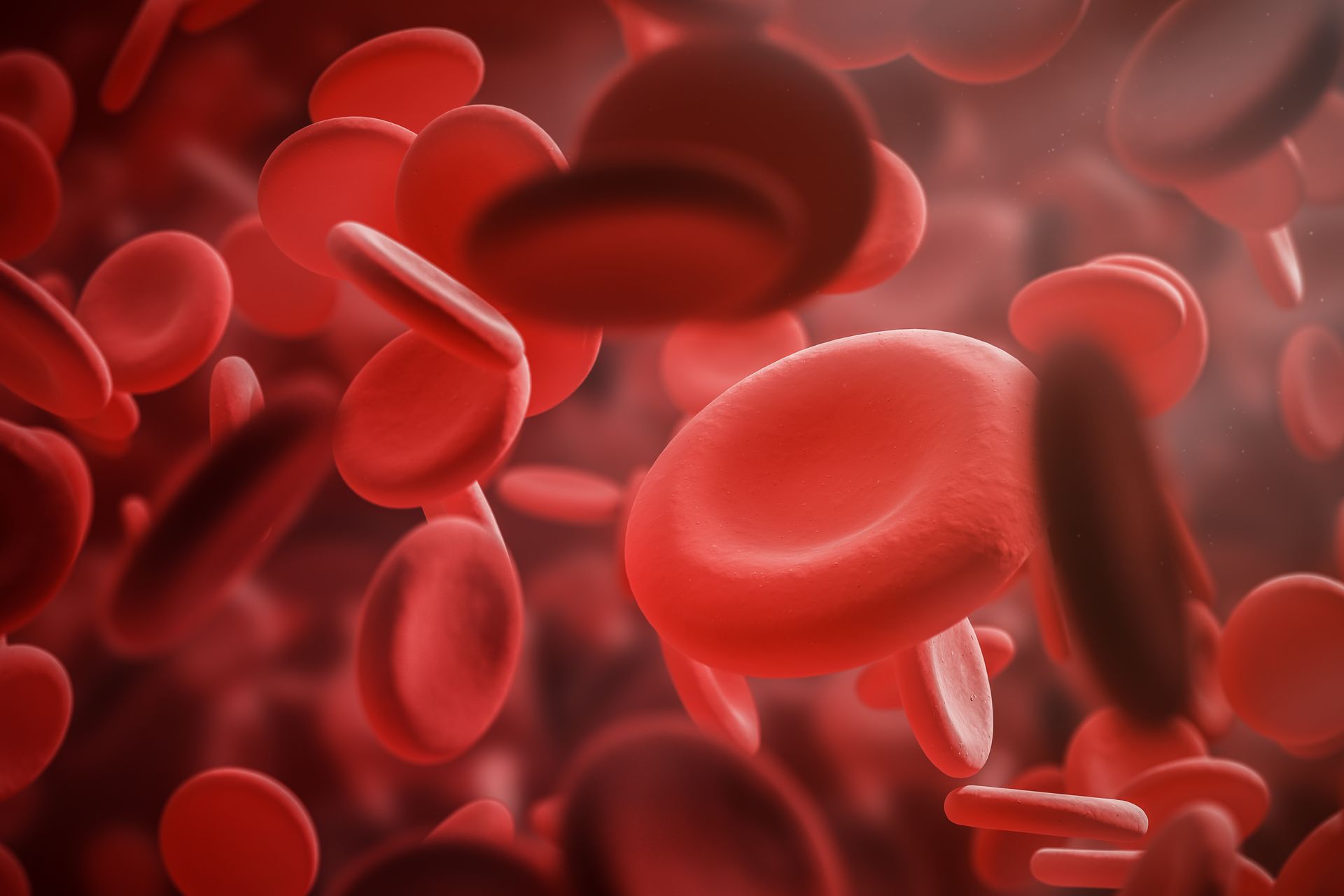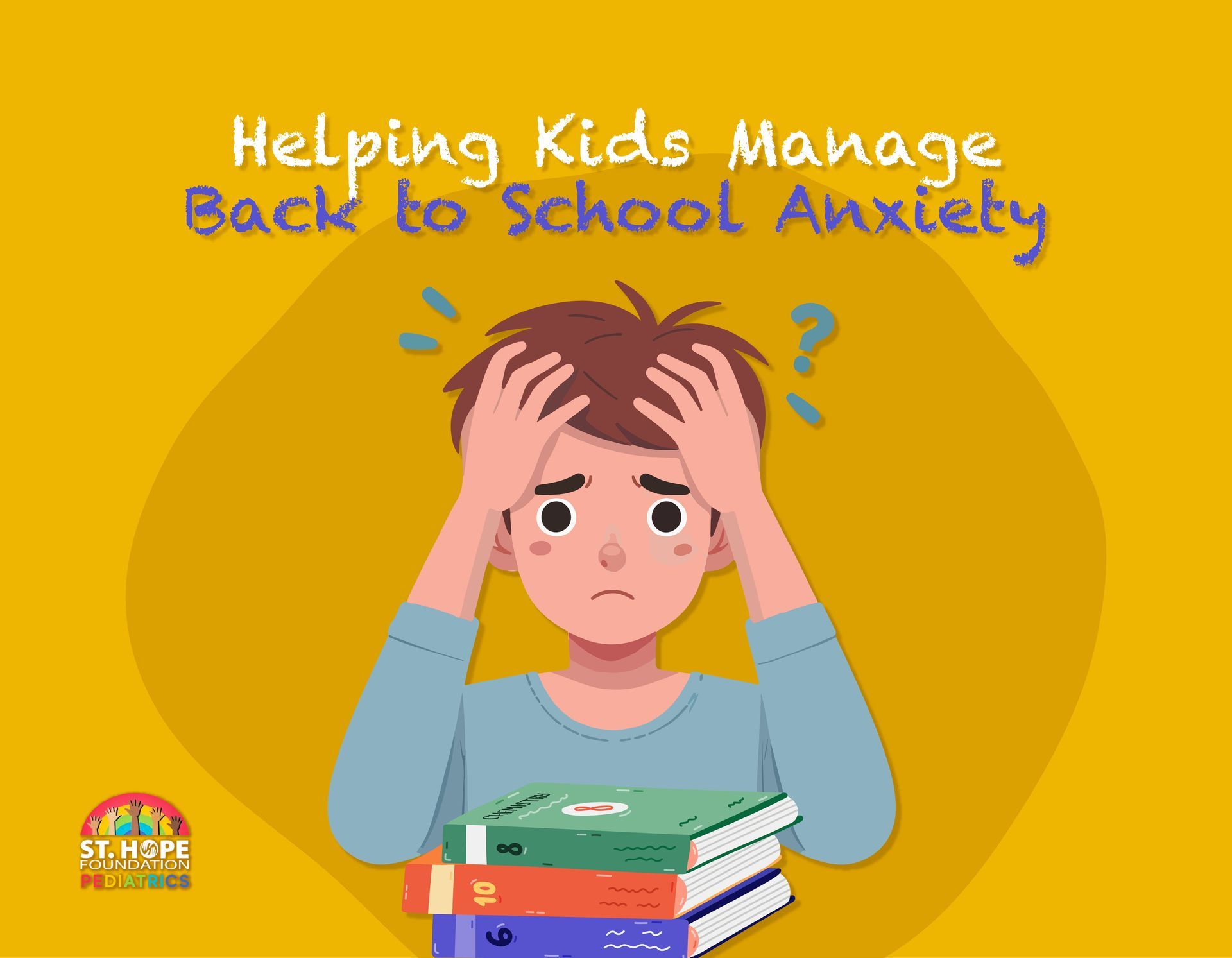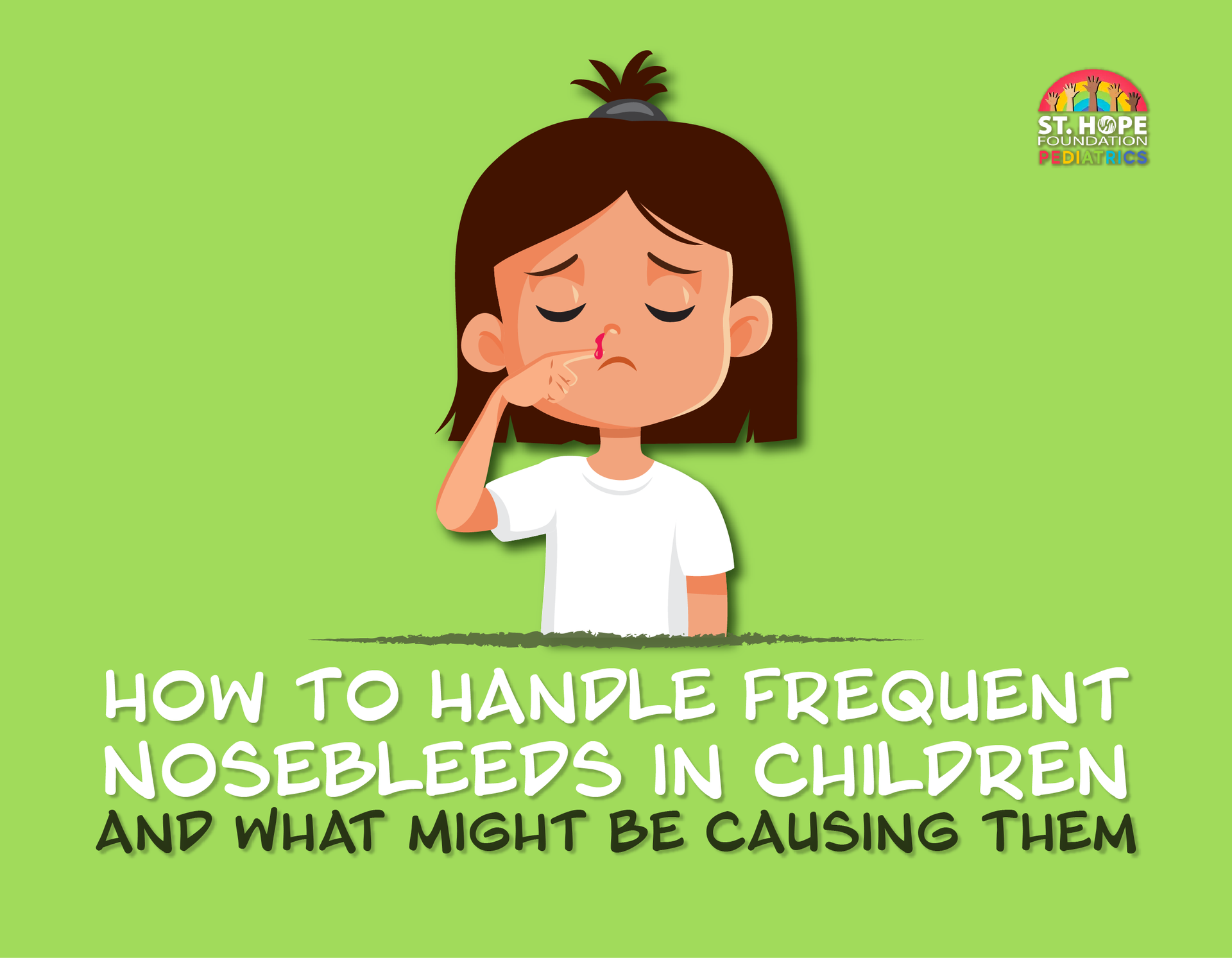
Discovering that your child has a low blood count can be concerning and may raise many questions about their health and well-being. Though it may be scary, a low blood count isn’t always a sign of concern and could just indicate that your child is lacking certain vitamins or minerals.
If your child’s blood count is shown to be low during a complete blood count test, it’s necessary to take certain measures to get to the root of the problem and make sure that there isn’t a more serious, underlying issue at play.
Understanding Low Blood Counts
A low blood count is also known as cytopenia. It refers to a decrease in the number of one or more types of blood cells, including red blood cells, white blood cells and platelets. Each type of blood cell plays a vital role in maintaining the overall health and functioning of the body.
- Anemia: A low red blood cell count can lead to anemia, resulting in symptoms such as fatigue, weakness, pale skin, shortness of breath and dizziness. Anemia can be caused by various factors, including nutritional deficiencies (such as iron, vitamin B12 or a folate deficiency), chronic diseases, bone marrow disorders and certain medications.
- Leukopenia: A decrease in white blood cell count can weaken the immune system, making the body more susceptible to infections. Symptoms of leukopenia may include frequent infections, fever, chills and fatigue. Causes of leukopenia can include viral infections, autoimmune disorders, chemotherapy and radiation therapy
- Thrombocytopenia: A low platelet count can impair blood clotting and increase the risk of bleeding and bruising. Symptoms of thrombocytopenia may include easy bruising, nosebleeds, bleeding gums and petechiae (small red or purple spots on the skin). Thrombocytopenia can be caused by conditions such as immune thrombocytopenic purpura (ITP), leukemia and aplastic anemia.
Potential Causes of Low Blood Counts
There are many potential causes of low blood counts in children. This ranges from temporary and benign conditions to more serious underlying health issues. Some common causes include:
- Nutritional deficiencies, such as iron deficiency anemia
- Viral, bacterial or parasitic infections
- Autoimmune disorders, kidney disease or other chronic conditions
- Bone marrow disorders, such as aplastic anemia or leukemia
- Some antibiotics or treatments for childhood cancers, such as chemotherapy
- Exposure to toxins or other environmental factors
- Genetic conditions like thalassemia or sickle cell disease
What to Do If Your Child's Blood Count Is Low
- Consult Your Pediatrician: Schedule an appointment with your child's pediatrician or primary care provider to discuss the results of the blood count screening.
- Diagnostic Tests: Depending on the suspected cause of the low blood counts, additional diagnostic tests may be ordered. This could include blood tests to assess specific blood cell counts and characteristics, a bone marrow biopsy, imaging studies or genetic testing.
- Treatment and Management: Treatment for low blood counts in children will depend on the underlying cause and severity of the condition. In some cases, deficiencies in certain types of blood cells can be addressed via non-invasive means like dietary changes or supplementation. Other conditions may necessitate prescription medications such as antibiotics or immunosuppressants. If your child is undergoing management of a chronic condition like sickle cell disease or is being treated for childhood cancer, it is important to talk with their pediatrician about dietary or lifestyle changes you can adopt to keep their blood count healthy.
- Follow-Up Care: Always follow up with your child's healthcare provider as recommended for ongoing monitoring and management of their condition. Your healthcare provider will track your child's progress, adjust treatment as needed and provide guidance on preventive measures and lifestyle modifications.
Support and Resources
Facing a diagnosis of low blood counts in your child can be overwhelming, but you are not alone. There are many resources and support networks available to help you navigate this journey and provide the best possible outcome for your child's health.
The pediatric doctors at St. Hope Healthcare are always ready to provide guidance and support to parents with questions regarding the management of temporary ailments or chronic conditions.
Get a Blood Count Screening for Your Child at St. Hope Pediatrics in Houston
While a low blood count screening can be concerning, effective treatments and management plans can help children live normal, healthy lives. Be sure to talk to your family’s pediatrician about further evaluation and diagnostic testing that may be needed and follow recommended treatment and management strategies as best as you’re able.
At St. Hope Pediatrics, our team of healthcare professionals is here to provide your child with a complete blood count test as well as other diagnostic screenings to identify underlying causes.
Give us a call today at (713) 778-1300 or contact us here on our website to schedule an appointment.













